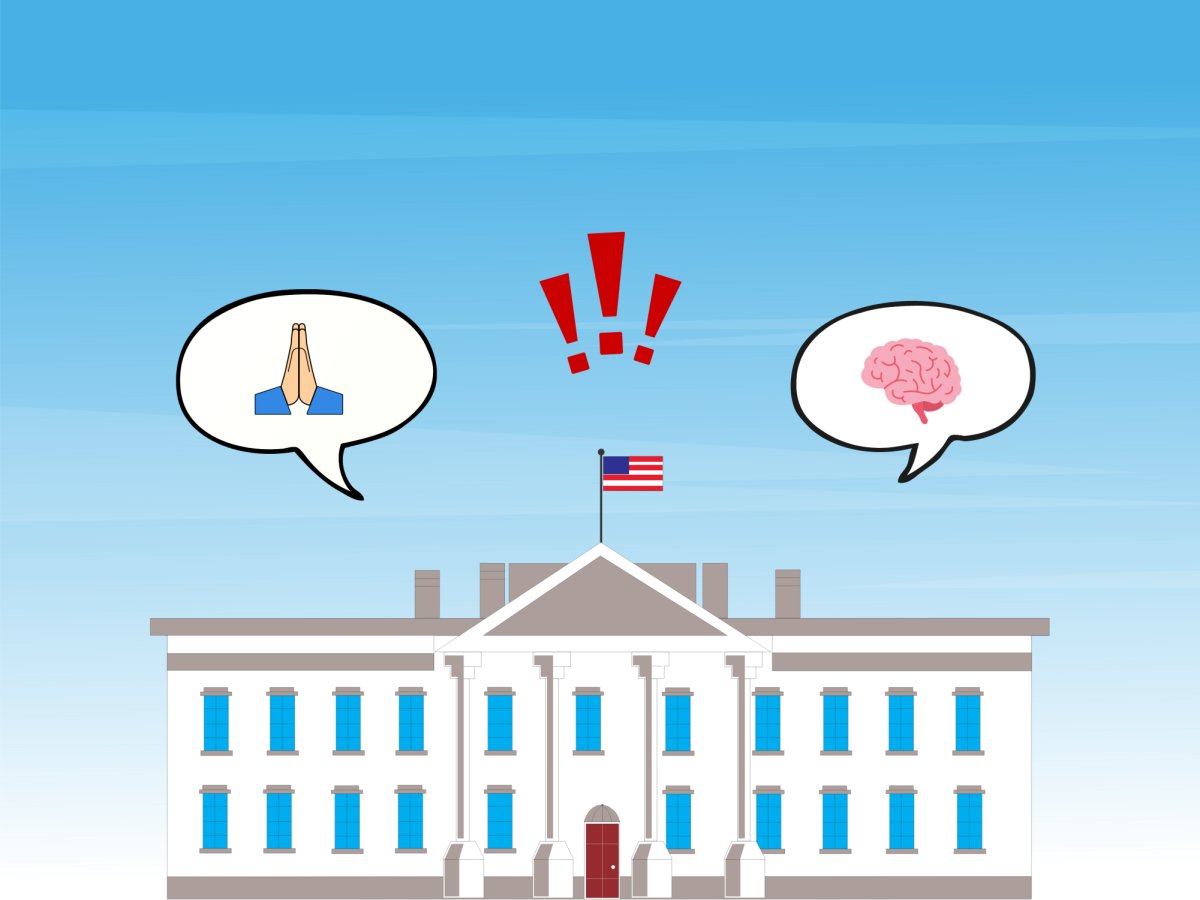Taking young activists seriously
Since the Parkland shooting in February, we’ve seen a lot of student activism and students speaking out against gun violence. We’ve also heard from a lot of adults, even on both sides of the gun control debate, discounting these students because they’re “just kids.”
It seems reasonable to be a little skeptical of taking suggestion from teenagers on a policy issue as complicated as gun rights, guaranteed in our Constitution. But here’s why I think we need to listen to the kids speaking up and take them seriously.
In my political science classes, I’ve learned that good public policy needs to be informed both by academic and professional experts on the issue a policy is seeking to alleviate. Additionally the experience and suggestions of people who will be most affected by policy changes should be considered.
I attended a small March for Our Lives event on March 24 in Norristown, Pennsylvania, a small city near where I live in Montgomery County. It was attended by around 400 to 600 people according to the organizers. The rally afterwards didn’t feature any celebrities or politicians, other than a local candidate for the state House of Representatives and a few people who served on their district school boards and county Democratic committees.
Instead, the rally became a sort of open-mic event, wherein the members of the community raised their voices against gun violence.
The speakers I appreciated the most were, fittingly, the students. They were all from local schools, and spoke eloquently on a range of issues, but especially emphasized the emotional impact of school shootings on themselves and their school communities.
I was born in 1996 and remember the fear that 9/11 inflicted on my kindergarten class and older kids, who grew up learning about the constant threat of terrorism. But even my peers don’t know what it’s like to learn run, hide, fight strategies and practice active shooter drills in school every year starting at the age we were in 2001—just four, five or six years old.
Though I remember experiencing 9/11, and people older than me remember running nuclear threat drills during the Cold War, I’m not sure we will ever be able to understand the devastating emotional impact of living in this era of school shootings.
The students speaking up can.
The Parkland students can tell us about the trauma of surviving a mass shooting, many students in Philadelphia can explain the trauma of losing friends and family members to gun violence and attending schools with armed guards school police officers, and students as young as preschoolers can tell us what it’s like to be taught to run, hide and fight by their teachers in school.
Students also know that you have to do your homework before you can speak with authority on an issue. In the wake of Parkland, we have heard adult after adult say one uninformed thing after another—the most recent example being former Pennsylvania senator Rick Santorum saying kids should learn CPR so they can respond to active shooter situations, even though CPR can’t keep someone alive if a bullet tears through their critical organs.
At my local march, the student speakers demonstrated how informed they were on the issue. They discussed with eloquence the complexity of the problems like poverty and access to mental health care that contribute to gun violence in the U.S.
In the month and half since the Parkland shooting, the Parkland students have worked to inform themselves on gun control policy as well as the political process and the influence of money in politics. They’ve shown how much they’ve learned in countless appearances on television, interviews with news media and meetings with government officials.
Even Pope Francis has spoken of the students. In his Palm Sunday address, the pope said, “dear young people, you have it in you to shout.” We should make sure their shouts fall on ears willing to listen.
Many of the students who spoke at both my local march and the D.C. march were 11 to 17 years old, most of whom will not be eligible to vote in the upcoming midterm elections, some of whom won’t be able to vote in 2020, but all of whom are committed to vote as soon as they are able. In the meantime, we can at least hear them out.













































